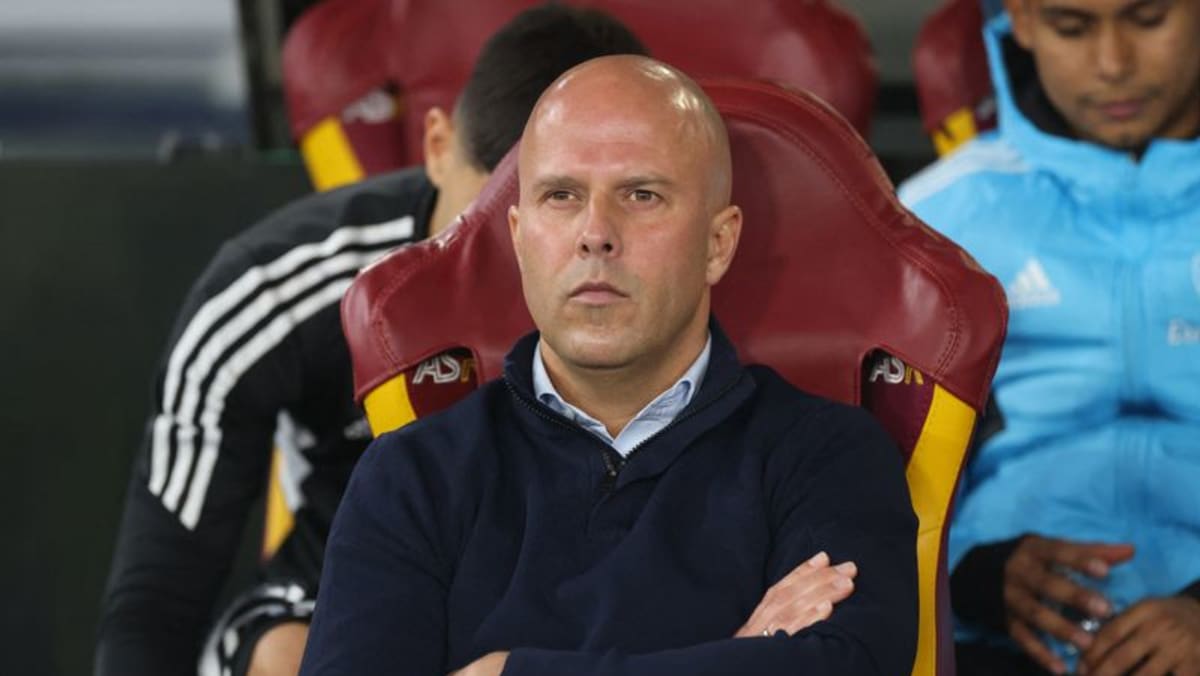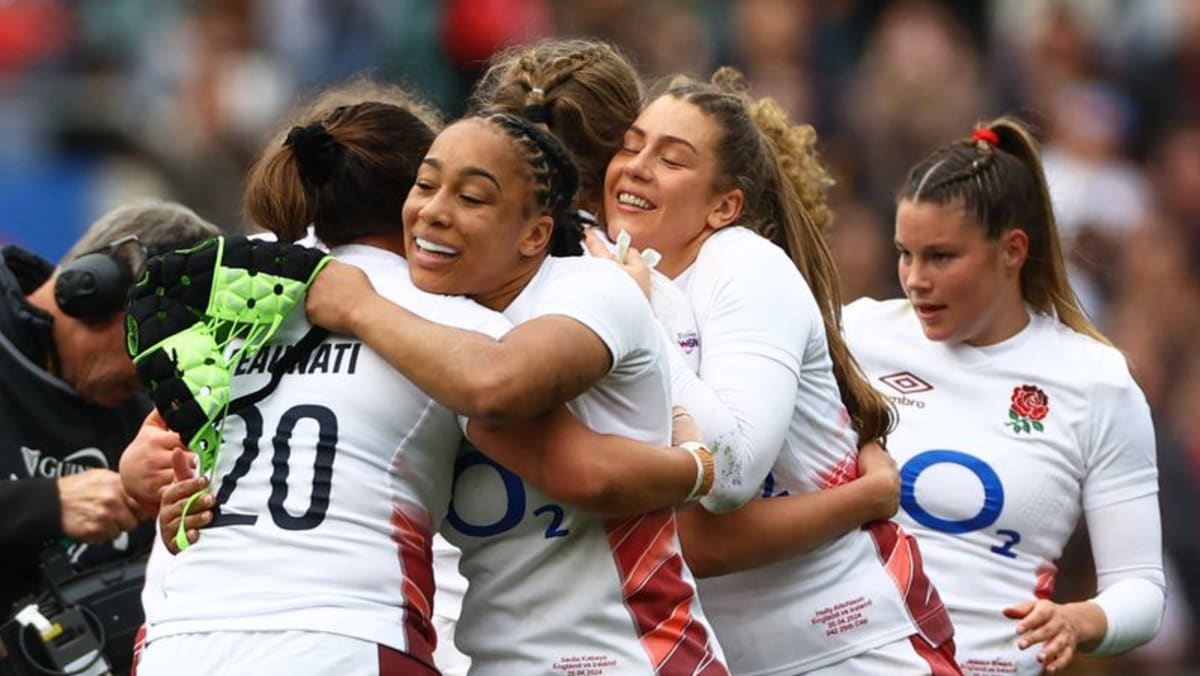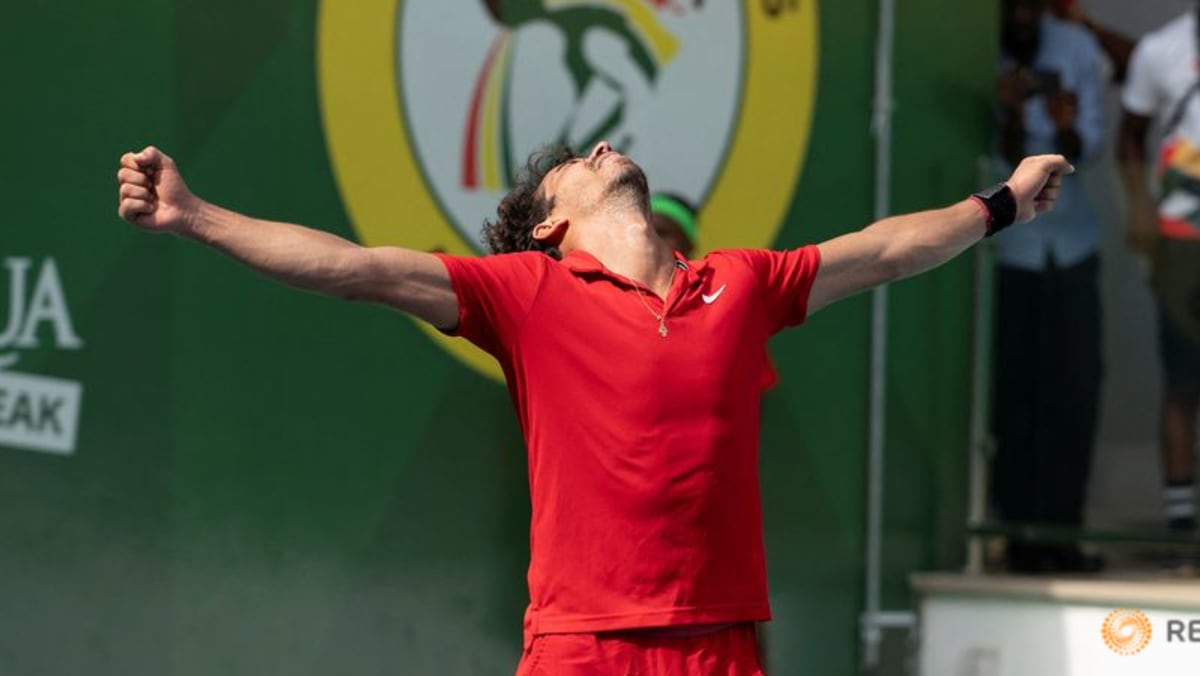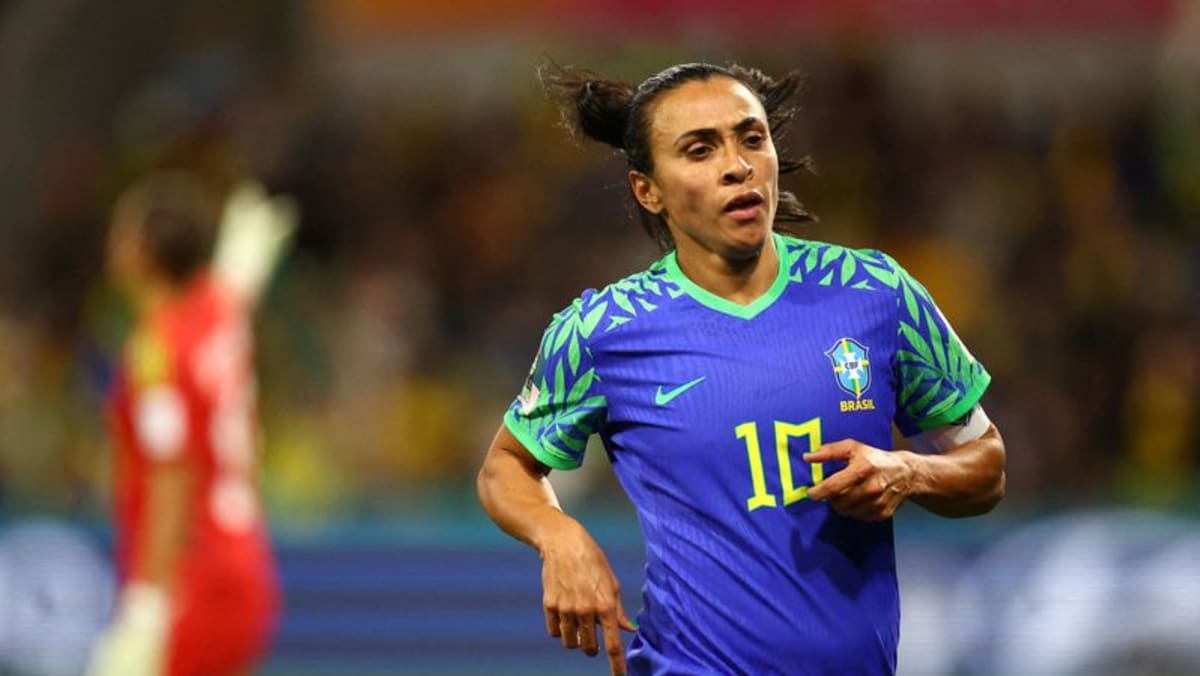MELBOURNE :Whistleblowers have accused the Australian Football League (AFL) of conducting “off-the-books” drug testing to help players evade detection by anti-doping authorities on match days, a Federal lawmaker told Australian parliament.
Member of parliament Andrew Wilkie said late on Tuesday that allegations of “egregious misconduct” had been provided by former Melbourne Demons president Glen Bartlett, club doctor Zeeshan Arain and Shaun Smith, the father of a player accused of drug trafficking.
The allegations included off-the-books testing for drugs at a Melbourne clinic, with players who test positive rested from matches “ostensibly on account of injury”, said Wilkie.
The AFL, the national governing body for Australian Rules football, is a signatory to WADA’s anti-doping code but runs a separate “Illicit Drug Policy” (IDP) for drugs like cocaine and ecstasy that are more associated with social use than enhanced performance.
“If there are no illegal drugs in the player’s system they are free to play, and if there are drugs in their system the player is often asked to fake an injury,” Wilkie added.
“They are advised to lie about a condition, while the results of the off-the-book tests are kept secret and are never shared with Sports Integrity Australia or WADA (World Anti-Doping Agency),” he told parliament.
Sports Integrity Australia (SIA) is the national anti-doping authority.
The IDP exists alongside the Australian Football Anti-Doping Code, which covers WADA-listed substances banned in and out of competition and some drugs in the IDP which are banned in-competition.
Under the IDP, players who return a first positive test receive a suspended A$5,000 ($3,300) fine and counselling but are not publicly named.
‘SECRETLY MANIPULATED’
In responding to Wilkie’s comments, the AFL said it was “unapologetic” about doctors taking steps to prevent players from participating in training or competition if they tested positive to drugs that fall under the IDP.
“… Because having illicit substances in your system on match-day may be deemed performance-enhancing and a breach of the Australian Football Anti-Doping Code (depending on the substance involved),” it said in a statement on Wednesday.
The statement said the monitoring of players was highly confidential but did not comment on the accusation the AFL encouraged them to fake injuries.
“Hundreds of thousands of Australians will watch the game not knowing that the game has been secretly manipulated by the AFL, and thousands of Australians will bet on that game not knowing the game has been secretly manipulated by the AFL,” Wilkie told parliament.
The Melbourne football club did not provide immediate comment when contacted by Reuters on Wednesday.
Melbourne coach Simon Goodwin told reporters on Wednesday he had no “line of sight” over the AFL’s drug testing and said the club would be seeking more information.
“I think every club is interested now to find out more information,” he said.
The AFL announced last month the IDP was under review.
The AFL players’ union said in a statement it supported the AFL’s position and was committed to reviewing the IDP.
“The Illicit Drugs Policy (IDP) is … a medical model and is focused on identifying, educating, and rehabilitating,’ the AFL Players’ Association said.
A slew of AFL players have had suspensions for cocaine use or possession in recent years.
Melbourne’s Joel Smith, whose father Shaun was cited in the allegations against the AFL, has been provisionally suspended since October following a positive test for cocaine after a match last season.
Wilkie’s comments to parliament came hours after two Sydney Swans players in the women’s AFLW competition were suspended by the AFL following a police charge for cocaine possession during the off-season.
($1 = 1.5295 Australian dollars)













